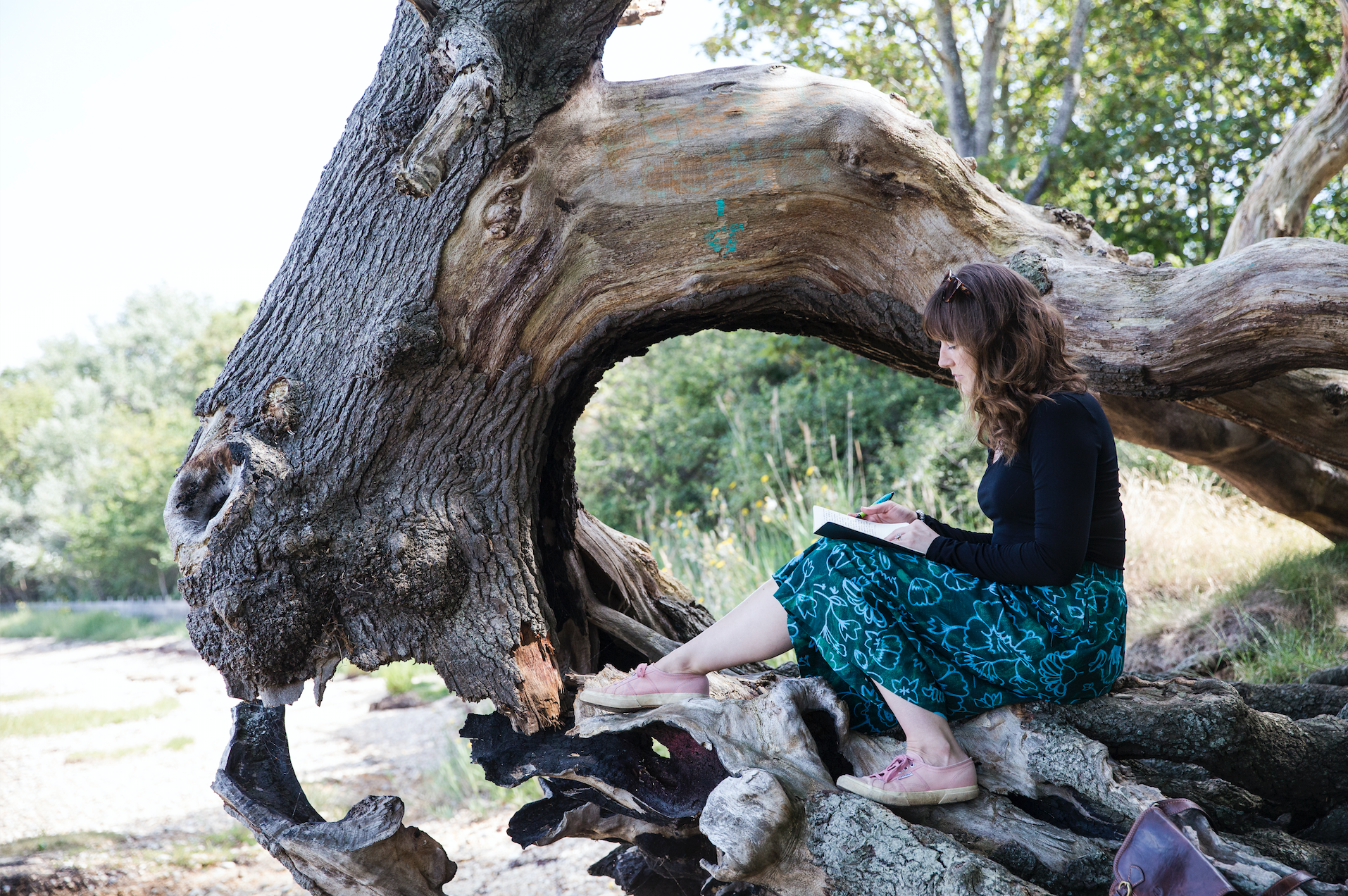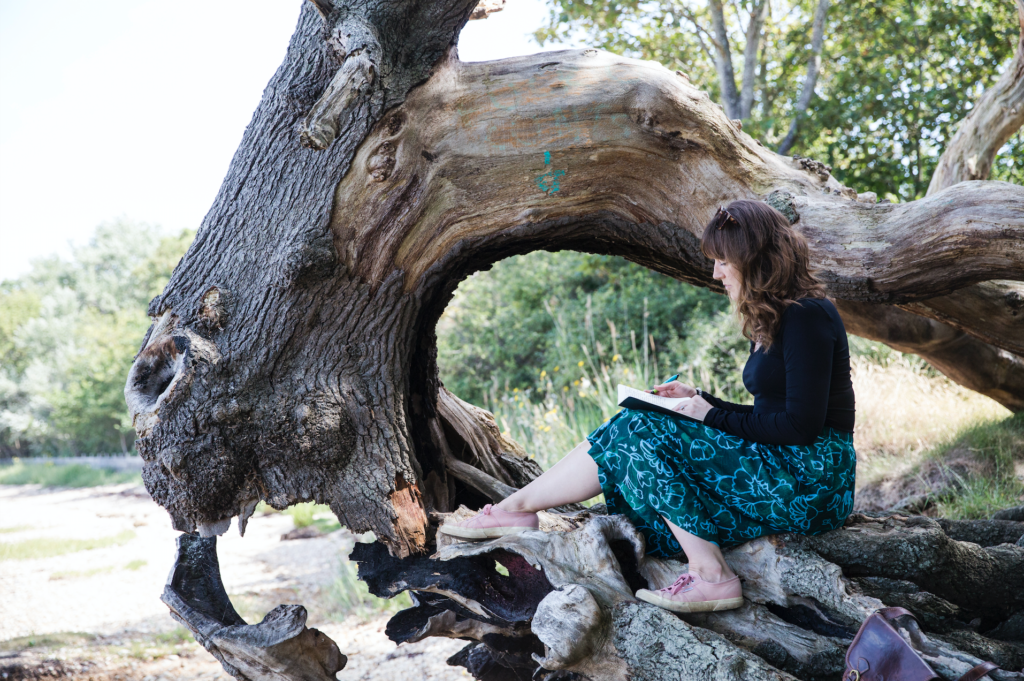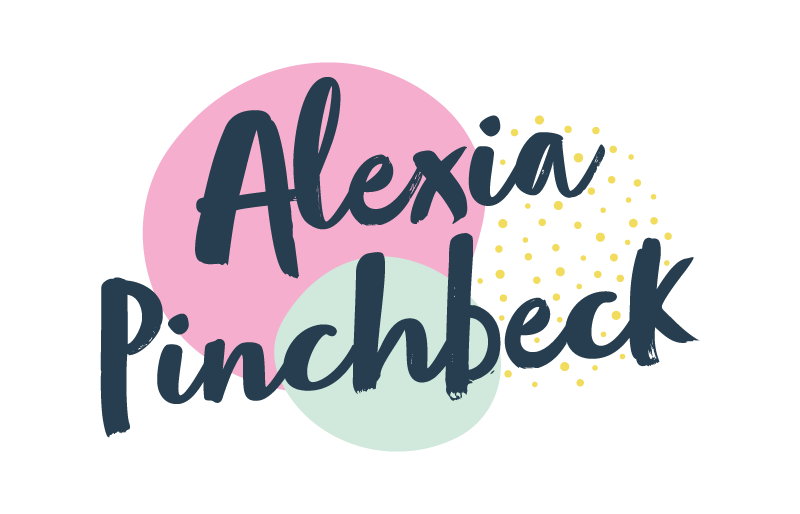Creative Habits: Barbara Kingsolver


I am fascinated by the habits of prolific creatives: writers, artists, illustrators, poets, singers. How they get the work done, overcome daily resistance, structure their time.
My heart sinks when I read exclusively about discipline that contains not an ounce of family obligation.
No pulls from small children, household tasks, relationships. Because then it makes the work I’m wanting to do seem pie in the sky.
So you can imagine how thrilled I was to read this brilliant article by James Clear, of The Daily Routines of 12 Famous Writers. Whilst many of the examples craft their workflow in seemingly blissful freedom of other responsibilities – the list also included Barbara Kingsolver – writer and mother. Her prolific nature shows that it is possible to achieve your aspirations whilst bringing up children and that, in fact, the daily ‘chores’ can lend a structure to an otherwise potentially shapeless day, not to mention a longing for your work that lends it a sort of illicit passion, as if creeping off to have an affair.
The Pullitzer Prize nominee has written over a dozen books, the last nine of which have all made the New York Times bestseller list. During a 2012 interview, she talked about her daily routine as a writer and a mother…
I tend to wake up very early. Too early. Four o’clock is standard. My morning begins with trying not to get up before the sun rises. But when I do, it’s because my head is too full of words, and I just need to get to my desk and start dumping them into a file. I always wake with sentences pouring into my head. So getting to my desk every day feels like a long emergency. It’s a funny thing: people often ask how I discipline myself to write. I can’t begin to understand the question. For me, the discipline is turning off the computer and leaving my desk to do something else.
I write a lot of material that I know I’ll throw away. It’s just part of the process. I have to write hundreds of pages before I get to page one.
For the whole of my career as a novelist, I have also been a mother. I was offered my first book contract, for The Bean Trees, the day I came home from the hospital with my first child. So I became a novelist and mother on the same day. Those two important lives have always been one for me. I’ve always had to do both at the same time. So my writing hours were always constrained by the logistics of having my children in someone else’s care. When they were little, that was difficult. I cherished every hour at my desk as a kind of prize. As time has gone by and my children entered school it became progressively easier to be a working mother. My oldest is an adult, and my youngest is 16, so both are now self–sufficient —but that’s been a gradual process. For me, writing time has always been precious, something I wait for and am eager for and make the best use of. That’s probably why I get up so early and have writing time in the quiet dawn hours, when no one needs me.
I used to say that the school bus is my muse. When it pulled out of the driveway and left me without anyone to take care of, that was the moment my writing day began, and it ended when the school bus came back. As a working mother, my working time was constrained. On the other hand, I’m immensely grateful to my family for normalizing my life, for making it a requirement that I end my day at some point and go and make dinner. That’s a healthy thing, to set work aside and make dinner and eat it. It’s healthy to have these people in my life who help me to carry on a civilized routine. And also to have these people in my life who connect me to the wider world and the future. My children have taught me everything about life and about the kind of person I want to be in the world. They anchor me to the future in a concrete way. Being a mother has made me a better writer. It’s also true to say that being a writer has made me a better mother.
It is inspiring how BK views dinnertime obligations as healthy. Her family as making her more civilised. But most of all, it is inspiring how prolific her work is within the constraints of the school day.
James Clear’s book Atomic Habits, is packed with practical ideas for how to build new habits and break bad ones. I really enjoyed reading it this year, and adapting teeny tiny parts of my routine for more creative flow.
But, ultimately, rather than reading – oh how easy it is to pop another book on our reading list – it always comes down to simply doing the work.
There is just no avoiding it!
Until next time, my lovely!

